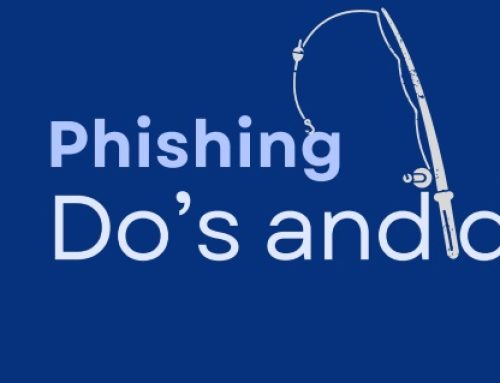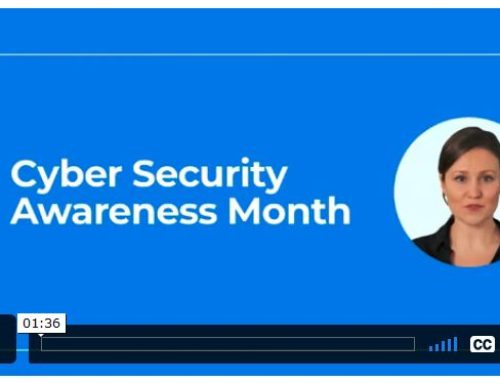Password security and protection whats wrong with Pasword123?
Passwords have become an essential part of our daily lives. We use passwords to protect our sensitive data, such as financial information, personal photos, documents, and much more. It’s important to understand the risks associated with weak passwords and the importance of protecting them.
What is password protection?
Password protection is a security measure that helps keep your personal or confidential information safe and secure. It involves creating a unique password, which acts as a barrier to prevent unauthorized access to your accounts or data.
A password is a combination of letters, numbers, and other symbols that you choose to secure your accounts or data. It’s meant to be kept secret and known only to you. When you enter your password, you prove that you’re the authorized user and gain access to your accounts or data.
Password protection is an essential part of online security, and it’s important to create strong passwords and update them regularly to ensure your information stays secure.
Why is password protection important?
Password protection is important as it helps keep your accounts and personal information secure. Without password protection, anyone could access your sensitive data such as bank accounts, social media, and email. Using a strong and unique password for each one of your accounts can greatly reduce the risk of unauthorized access and keep your information safe from hackers and identity thieves.
How do you create a strong and secure password?
Creating a strong and secure password can be tricky, but there are some steps you can take to make them more secure. These include:
- Use a mix of upper and lower-case letters, numbers, and symbols.
- Make it lengthy. The longer the password, the harder it is to crack.
- Avoid common words and phrases.
- Avoid personal information like your name, birthdate, or address.
- Consider using a passphrase made up of multiple random words or a sentence.
- Here’s an example of a strong password: P&Gh9$#Tq@LzLm3!K. It’s long, includes upper-case and lower-case letters, numbers, and symbols, and isn’t a common phrase.
What are the consequences of weak passwords?
There are several consequences of using weak passwords. Weak passwords are easily guessed or cracked, making it easy for cyber criminals to gain unauthorized access to your accounts and steal your personal data, financial information, or intellectual property. This can lead to identity theft, financial losses, and other serious security breaches. Additionally, weak passwords may also compromise the security of your organization’s network and systems, putting your colleagues and clients at risk. It is always advisable to use strong passwords that are a combination of upper and lower-case letters, numbers, and special characters. You can also use a password manager to generate and store complex passwords securely.
How can passwords get hacked or become compromised?
Passwords can get hacked or become compromised in a number of ways, including:
- Brute force attacks – where hackers use automated programs to try every possible combination of characters until they find the correct password.
- Phishing attacks – where hackers use fake websites or emails to trick users into entering their login credentials.
- Social engineering – where hackers exploit human emotions and psychology to trick users into revealing their passwords.
- Malware – where hackers use malicious software to steal passwords from users’ computers or mobile devices.
It’s important to use strong, unique passwords, enable two-factor authentication, and keep your software and security tools up to date to protect yourself from being hacked.
What should you do if you think your password has been compromised?
If you suspect that your password has been hacked or leaked, it is important to take immediate action to secure your accounts. Here are some steps you can take:
- Change your password: As soon as you suspect that your password has been compromised, change it immediately. Choose a strong and unique password that includes a mix of letters, numbers, and symbols.
- Enable two-factor authentication: Two-factor authentication adds an extra layer of security to your account by requiring a second form of identification, like a code sent to your phone, in addition to your password.
- Check your account activity: Review your account activity to make sure there are no unauthorized logins or transactions.
- Monitor your credit report: Keep an eye on your credit report for any suspicious activity.
- If it is a work or business account that has been compromised notify the affected company immediately so they can take appropriate action.
You can check if your email address and associated passwords or personal information has been compromised using a data leak checker tool, which checks your email address against a database of known compromised email addresses and lists the source of the leaks. A good place to check your email address and use this type of tool to is: https://cybernews.com/personal-data-leak-check/ .
Top 10 tips
Our top 10 tips for you to take away from this article and stay password protected are:
- Use a strong and unique password for each account.
- Avoid using personal information, such as your name, birthdate, or address, in your password.
- Use a mix of uppercase and lowercase letters, numbers, and special characters in your password.
- Don’t share your password with anyone.
- Use two-factor authentication whenever possible.
- Use a password manager to securely store and generate passwords for you.
- Change your passwords regularly.
- Be careful when using public Wi-Fi networks, as they may not be secure.
- Don’t use the same password for multiple accounts.
- Be cautious when entering your password on public computers or devices.




